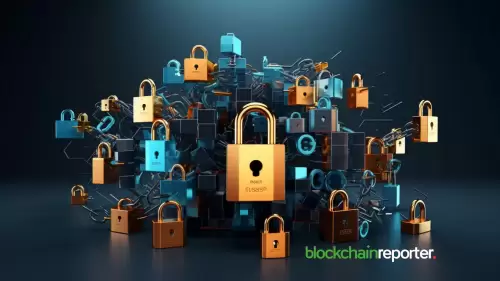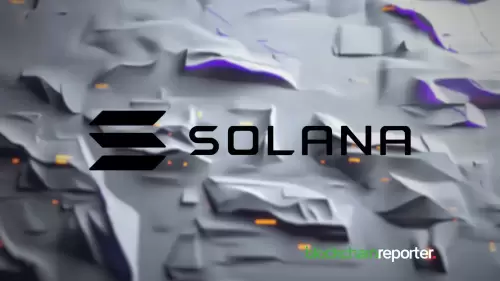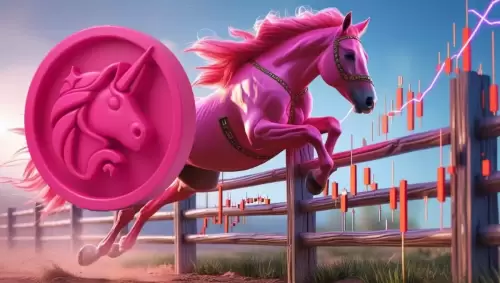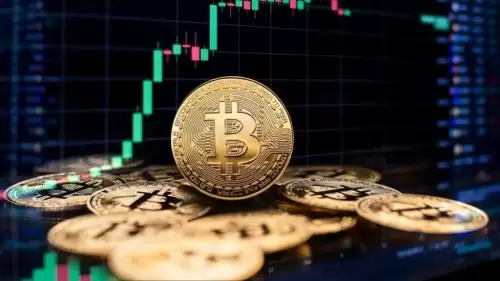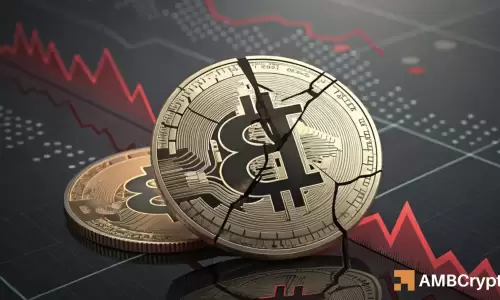 |
|
 |
|
 |
|
 |
|
 |
|
 |
|
 |
|
 |
|
 |
|
 |
|
 |
|
 |
|
 |
|
 |
|
 |
|

In the realm of cryptocurrency, governance tokens are digital assets that grant voting rights within a crypto project. They go beyond mere coins for trading and function more like ballots. When you hold governance tokens, your input matters in deciding how the project should operate.
These tokens shift control over key decisions from centralized teams to the community. This could involve protocol upgrades or fund allocation, allowing the project to evolve based on user feedback and collective wishes.
A governing system in a blockchain project is often referred to as a decentralized autonomous organization (DAO).
There are over 13,000 DAOs worldwide, and over 6,000 actively involve members in making impactful choices. Together, they manage around $24.5 billion in treasury assets and include approximately 11.1 million governance token holders.
From steering a project's direction to shaping its rules, governance tokens make decentralized governance a reality.
What are governance tokens used for?
Should a project change its fee structure, or launch on a new chain? If you hold the governance tokens, you can vote yes or no.
The concept is straightforward: people who use or invest in a project should also help determine its path. This prevents a few founders or investors from making critical decisions in a vacuum.
Some tokens arrive automatically when you join a platform, while others are earned by providing liquidity or staking. You can also purchase them on major crypto exchanges.
However, acquiring a governance token doesn't guarantee control; it provides the opportunity to participate. The more people engage, the more balanced the system becomes.
Now, let's examine how that voting power works and what makes it significant.
Voting power
The voting power measures how much influence your governance tokens carry during a vote, usually depending on the number of tokens you hold.
The more tokens in your wallet, the greater the weight of your vote in proposals. It's not always a one-token-one-vote system; some projects use different methods to balance things out.
For instance, a "whale" with thousands of tokens might have a larger say, but some platforms cap power or require staking to vote, preventing it from being a simple money game. Other projects utilize quadratic voting, which lessens the impact of someone accruing an unbalanced amount of influence. This encourages more users to participate.
Voting usually occurs through mobile or web apps that connect to your crypto wallet. You select an option, submit your vote, and it gets recorded on the blockchain.
Most votes remain open for a set time and follow a simple majority or quorum rule. Some votes might also require a minimum number of voters to pass.
This brings us to the question of why people would vote in the first place.
What are the incentives for participating in the votes?
Voting in crypto governance can also come with real perks, in addition to shaping a project's direction and determining future updates.
Many projects reward people for participating in proposals to keep the system active and fair. Here’s what you might get for showing up and casting your vote:
How are governance tokens used in DeFi?
In decentralized finance (DeFi), governance tokens are a key part of how platforms work and evolve. They give users the power to make decisions that affect the entire system.
Instead of relying on a company or CEO, DeFi projects let the community vote on how things should be done, how to spend money, and what updates to make.
This is different from traditional startups, where founders often decide strategy and investors care about returns. In DeFi, governance tokens shift control to those who use and invest in the protocols.
These tokens are used to vote on two main types of proposals: Treasury management and protocol changes.
Treasury management
Many DeFi projects have large treasuries—wallets full of tokens or stablecoins. Governance tokens give the community control over how that money is used. It's like a shared budget, and token holders get to vote on what’s worth funding.
This could be paying developers, funding audits, launching marketing campaigns, or supporting ecosystem grants. If a project wants to sponsor a hackathon or partner with another protocol, the decision often goes to a vote.
Good treasury management can help a project grow, stay secure, and reward its community. But bad decisions or low participation can waste resources or stall progress. So even one vote matters.
Protocols changes
Governance tokens also give users the power to shape how a protocol works "under the hood." These votes aren't just about money—they can change the core functions and behavior of the system.
A well-known case is Compound, where its COMP token holders have voted to adjust borrowing limits, pause risky assets, and even upgrade the protocol itself. These aren't suggestions; they're binding changes made through on-chain proposals.
The beauty of this system is that it evolves with its users. If something isn't working or the community feels an opportunity isn't being seized
免責聲明:info@kdj.com
所提供的資訊並非交易建議。 kDJ.com對任何基於本文提供的資訊進行的投資不承擔任何責任。加密貨幣波動性較大,建議您充分研究後謹慎投資!
如果您認為本網站使用的內容侵犯了您的版權,請立即聯絡我們(info@kdj.com),我們將及時刪除。
-

-

-

-

-

-

- UNISWAP價格預測:看漲逆轉在地平線上?
- 2025-08-05 07:10:59
- UNISWAP(UNI)是否準備好看好逆轉?最近的市場分析表明潛在的上升性,但是哪些因素驅動了這種樂觀的前景?
-

- 比特幣,以太坊,Altcoin Rally:這是最大的嗎?
- 2025-08-05 07:01:56
- 加密貨幣市場正在加熱,以太坊領導了這一指控。這是主要的Altcoin集會的開始嗎?讓我們研究最新的趨勢和見解。
-

-

- 比特幣持有人準備在看跌信號的市場出口
- 2025-08-05 07:00:39
- 長期比特幣持有者顯示出市場退出的跡象,作為關鍵指標閃光燈信號,表明儘管價格提高,但仍有可能進行更正。






















































